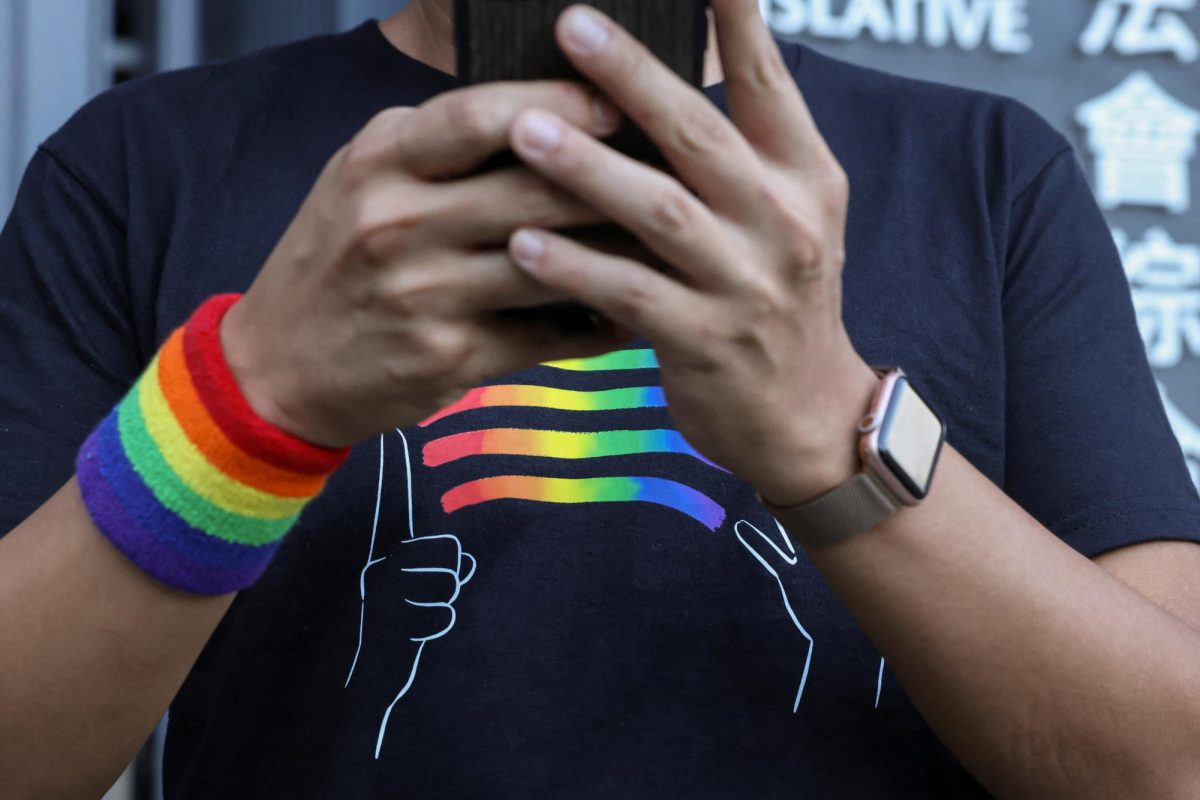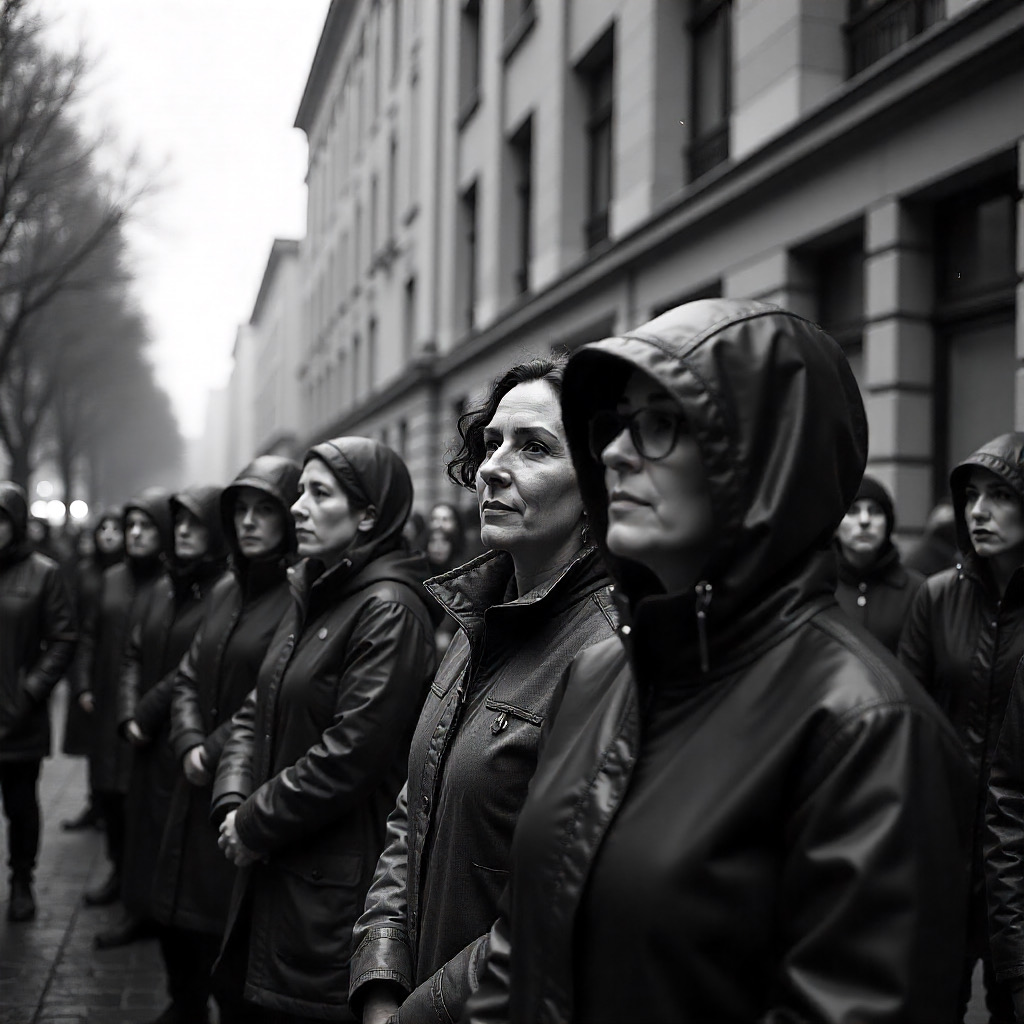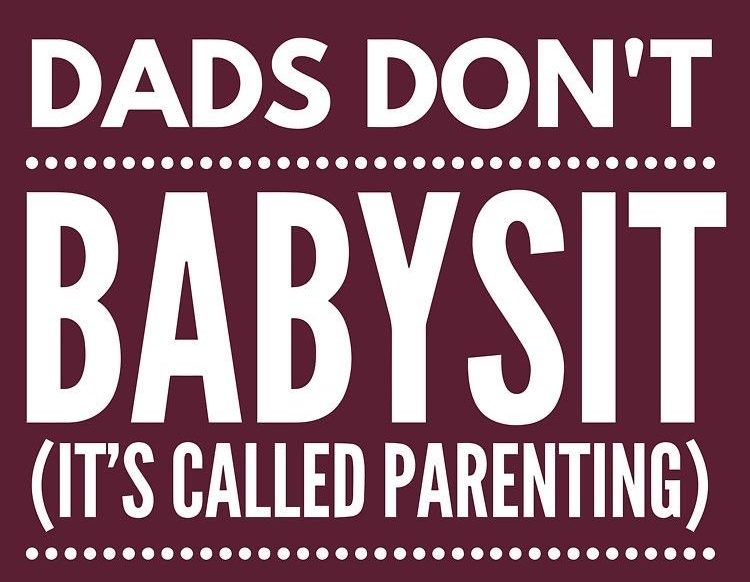Same-sex marriage has been legal nationwide for less than a decade, but in 2025 questions are resurfacing about whether that right will last.
Former Kentucky clerk Kim Davis, who was previously jailed for refusing to issue marriage licenses to same-sex couples, has filed a petition asking the U.S. Supreme Court to overturn marriage equality. Her argument centers on the First Amendment and religious liberty claims.
“It has no basis in the Constitution,” Davis said.
The potential reversal leaves LGBTQ+ youth worried about their futures. For many, the legalization of marriage equality in 2015 offered security, belonging and role models for the lives they hoped to build. The possibility of losing that recognition threatens to undo years of progress.
“In recent years, the LGBTQ+ community has slowly been more accepted by society, leading to a sense of comfort for younger generations,” sophomore Jasmine Allen said. “By banning gay marriage, they are robbing us of that comfort and inclusivity, and once again making us outcasts and shunned away from society.”
Critics warn that undoing marriage equality would cause nationwide backlash. They say it would strip rights from families, deny protections for children and leave couples uncertain about the future.
“If it gets passed that they ban same-sex marriage, then it won’t be good for the community,” senior Kaylee Margritz said. “There are so many people who love the same sex, and if they were to get married in secret, then who knows what could happen to them if they are found out.”
The 2022 Respect for Marriage Act ensures federal recognition of existing same-sex marriages, but it does not guarantee states will continue issuing new marriage licenses. If the Supreme Court overturns the 2015 ruling, states could choose to stop.
“If the law is overturned, it wouldn’t be right because why should the government have the ability to allow you to marry someone, especially within the queer community?” junior Salina Policarpe said. “That would be violating our 14th Amendment right.”










